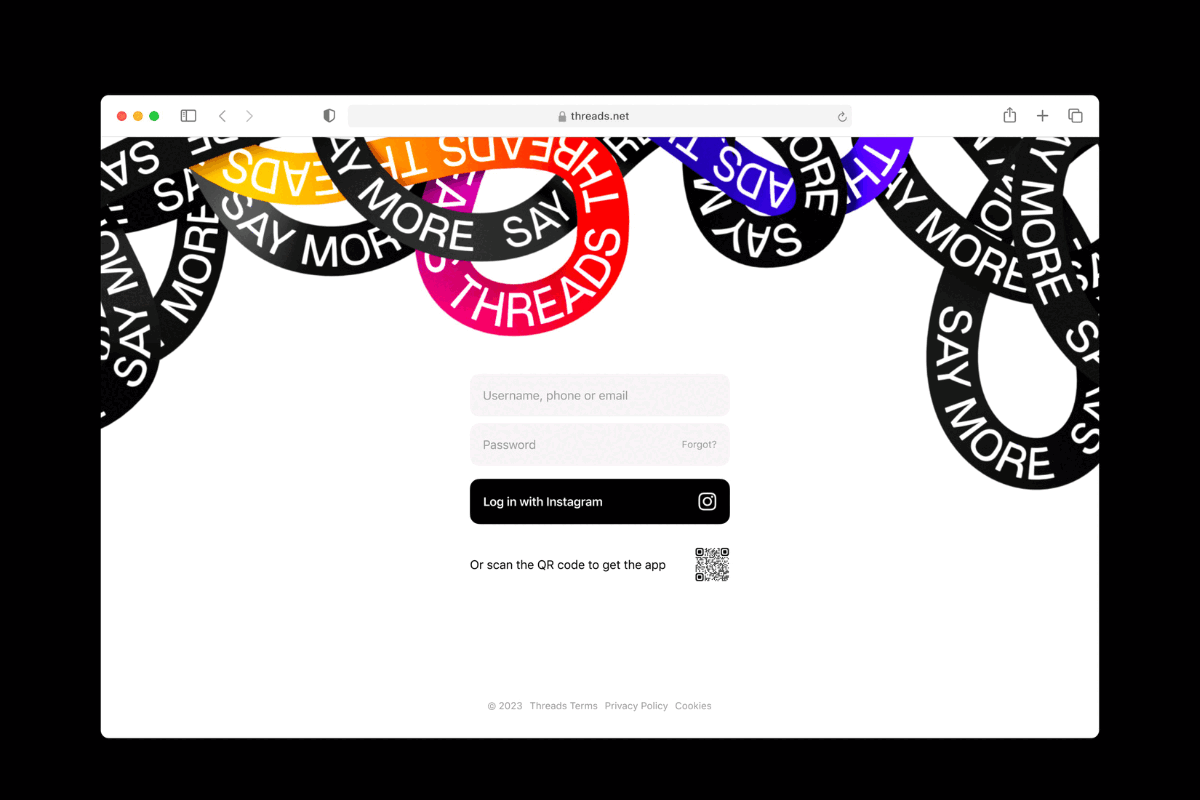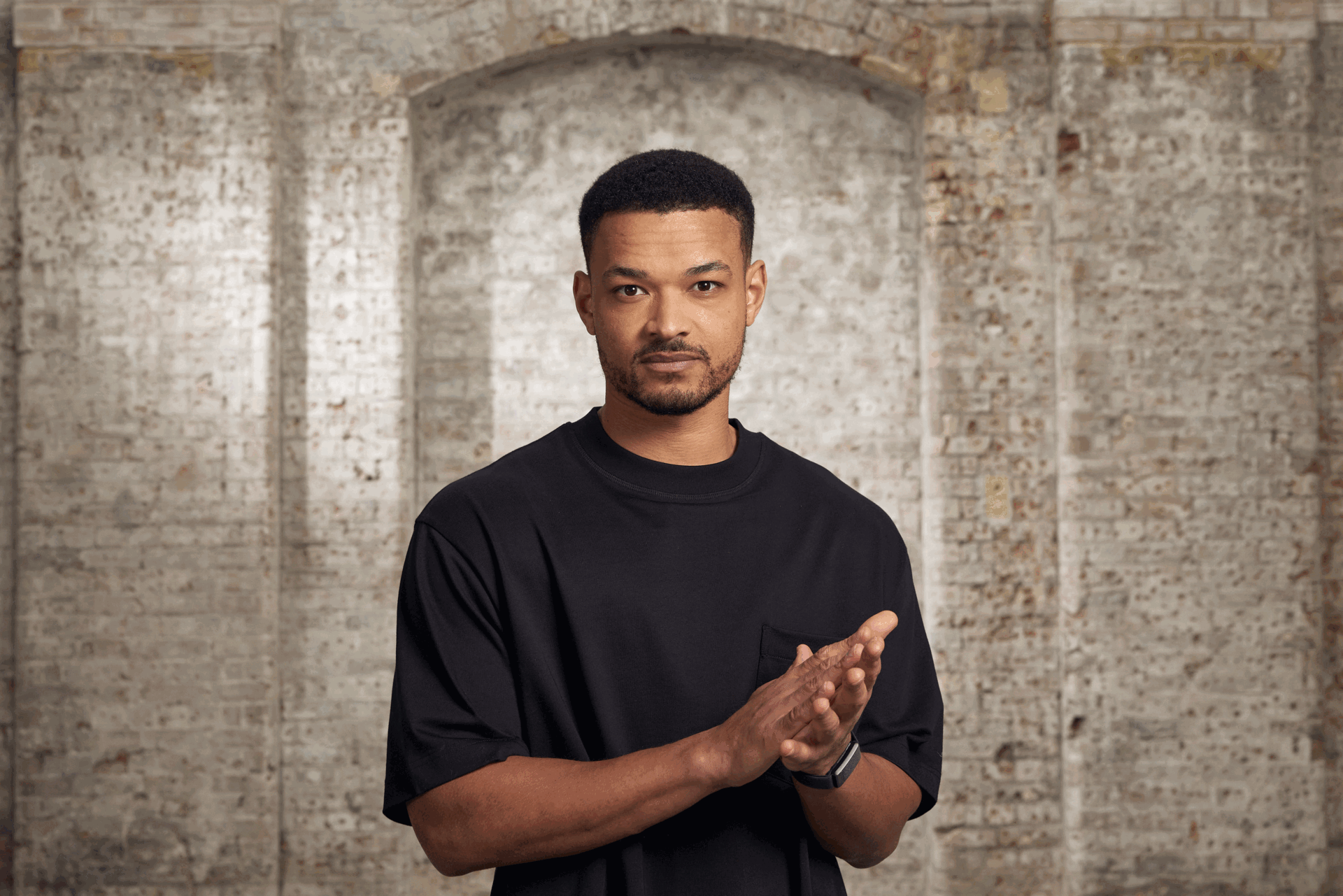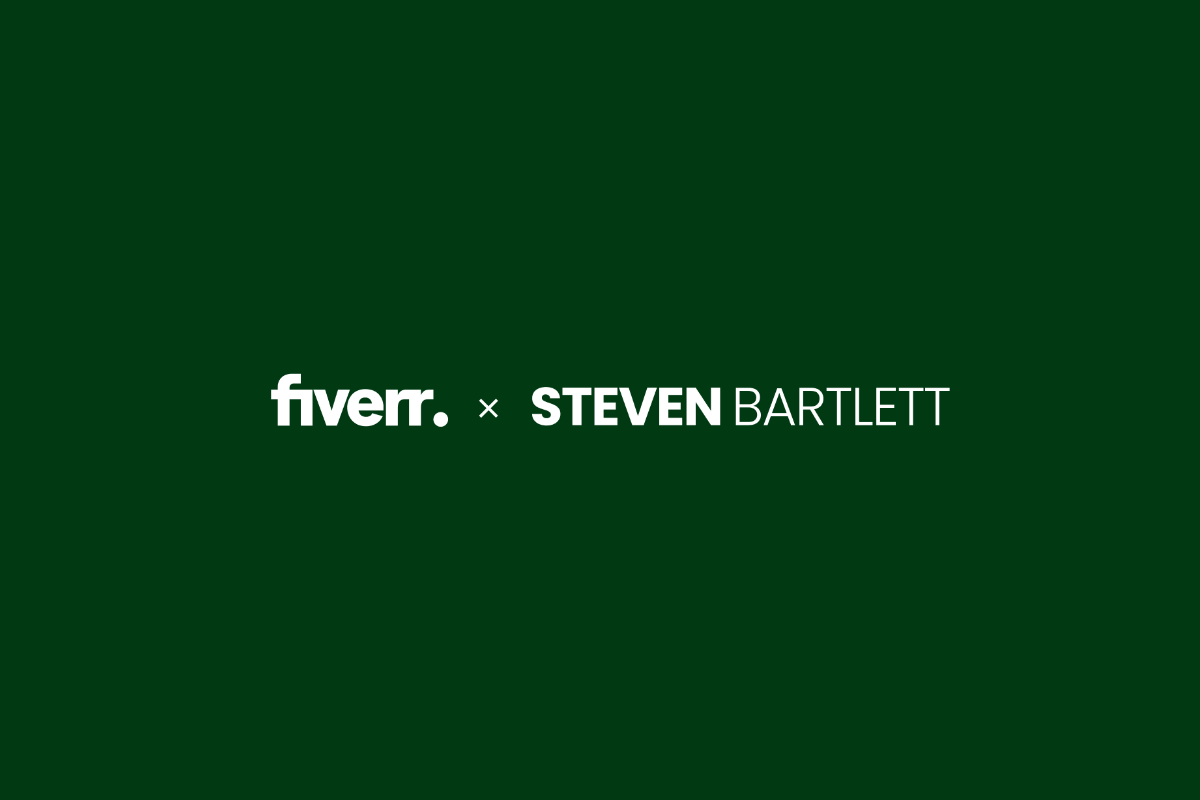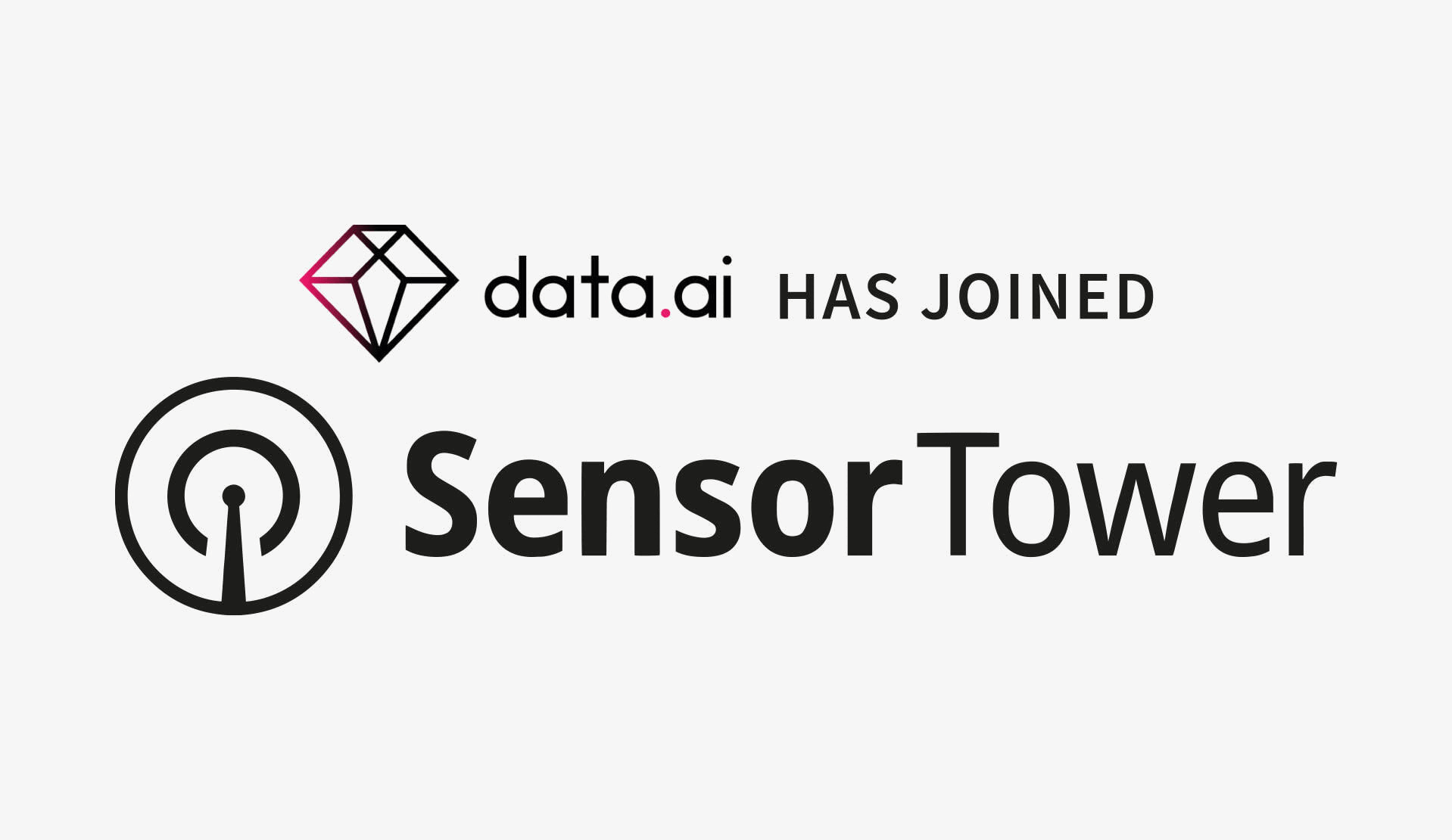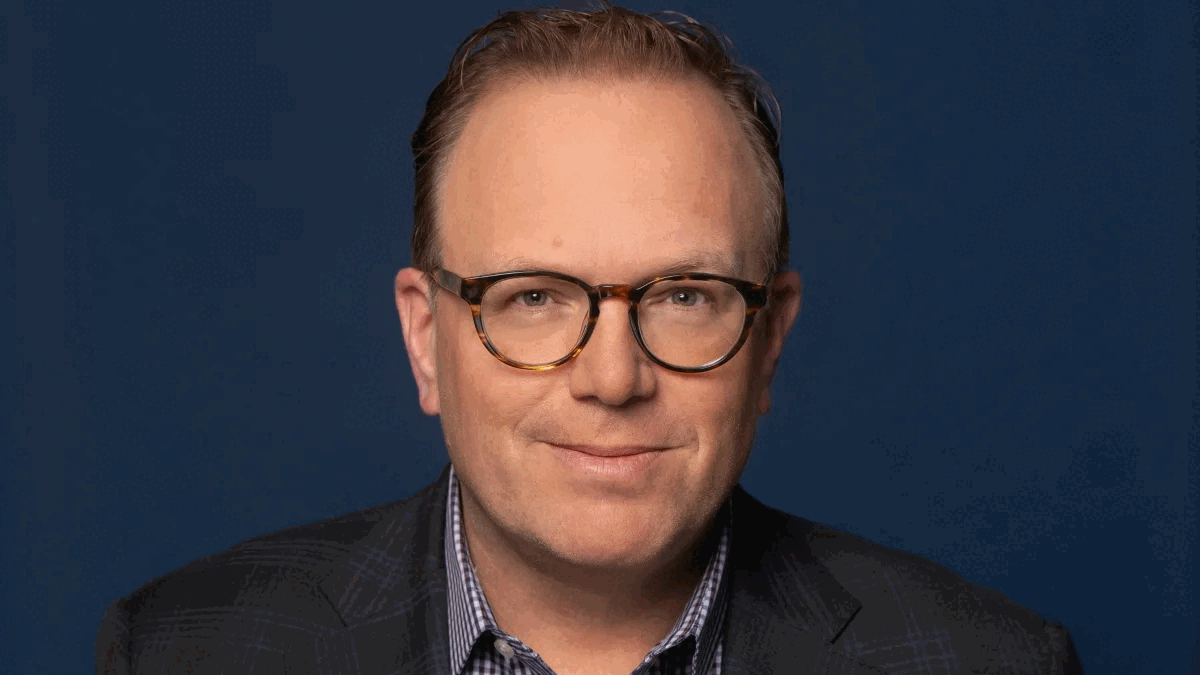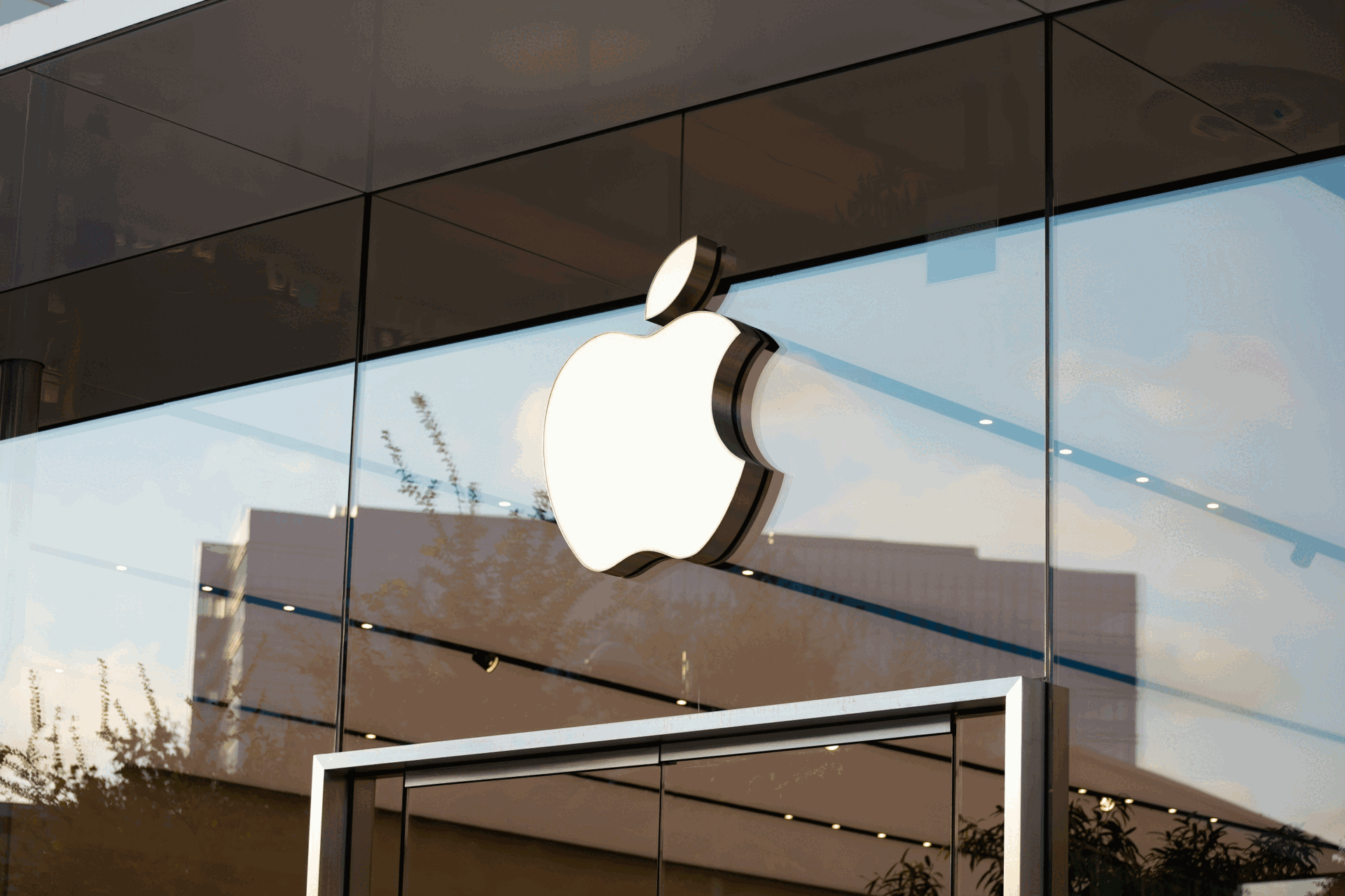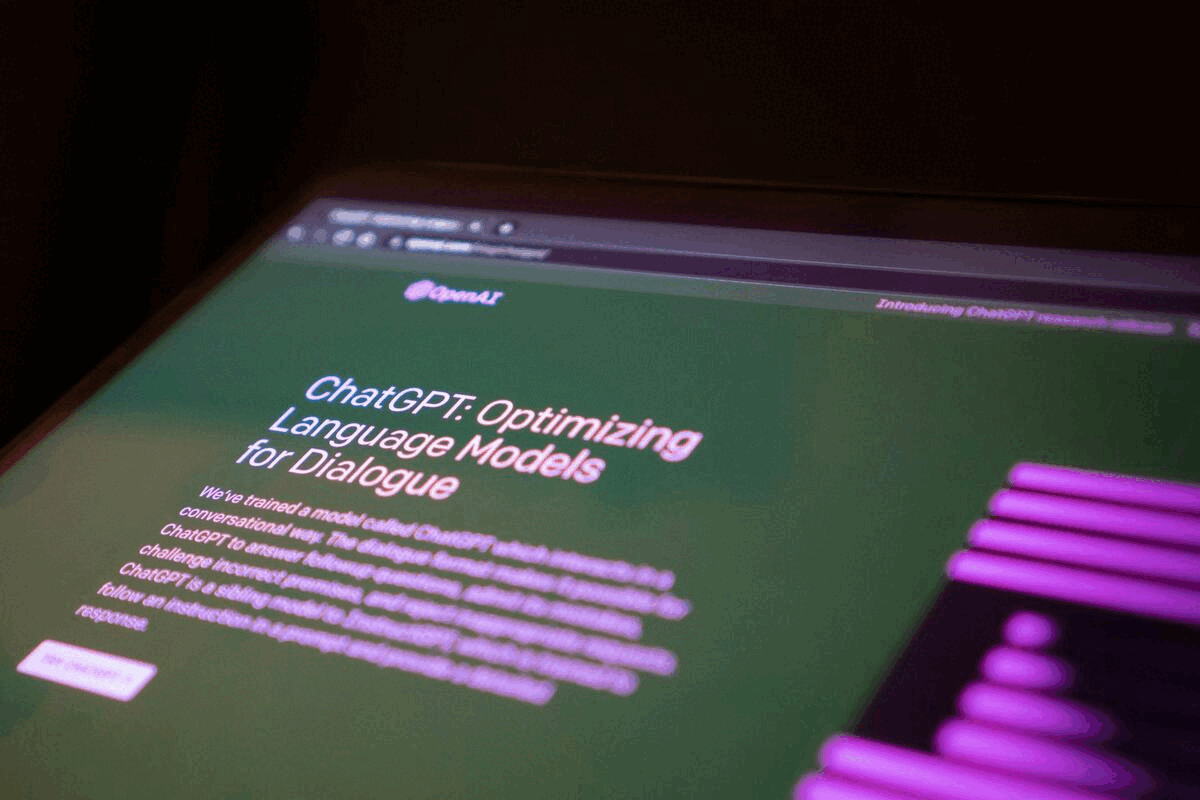Facebook tightens Live policy after New Zealand terrorist attack
- Wednesday, May 15th, 2019
- Share this article:
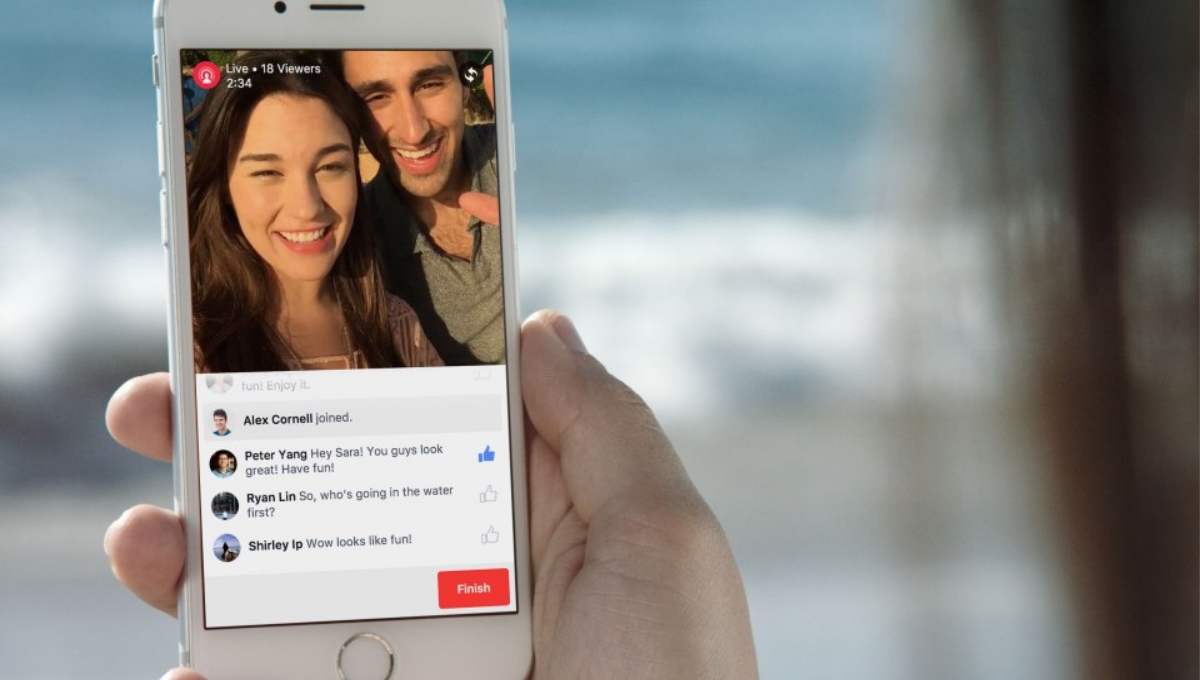
Facebook will be implementing a stricter streaming policy, after the horrific Christchurch terrorist attack was viewable via Facebook Live and shared across the internet. Even after some posts were taken down by Facebook, users would edit or modify the original video and repost it, making it harder for the website to detect and delete the content permanently.
“Tackling these threats also requires technical innovation to stay ahead of the type of adversarial media manipulation we saw after Christchurch when some people modified the video to avoid detection in order to repost it after it had been taken down,” wrote Guy Rosen, VP of Integrity, Facebook. “This will require research driven across industry and academia. To that end, we’re also investing $7.5m in new research partnerships with leading academics from three universities, designed to improve image and video analysis technology.”
Previously, if a Facebook user posted content that violated Community Standards, the post was taken down on the first offense. If that user kept making violations, then they would be blocked from Facebook (including Live) for a set period of time. Facebook would also permanently ban both repeat offenders of low-level violations, and one-time offenders of extremely serious violations (including spreading terrorist propaganda).
Now, Facebook will apply a “one-strike” policy for Facebook Live. Any Facebook user who violates policy will be temporarily blocked from Facebook Live on their first offense. Facebook says they plan on spreading the stricter policy across other areas of the site in the future.
Facebook will also be partnering with The University of Maryland, Cornell University and The University of California, Berkley to develop new methods for detecting harmful or manipulated content, and quickly removing it from the site before it can be spread.
“These are complex issues and our adversaries continue to change tactics. We know that it is only by remaining vigilant and working with experts, other companies, governments and civil society around the world that we will be able to keep people safe. We look forward to continuing our work together,” concluded Rosen.





